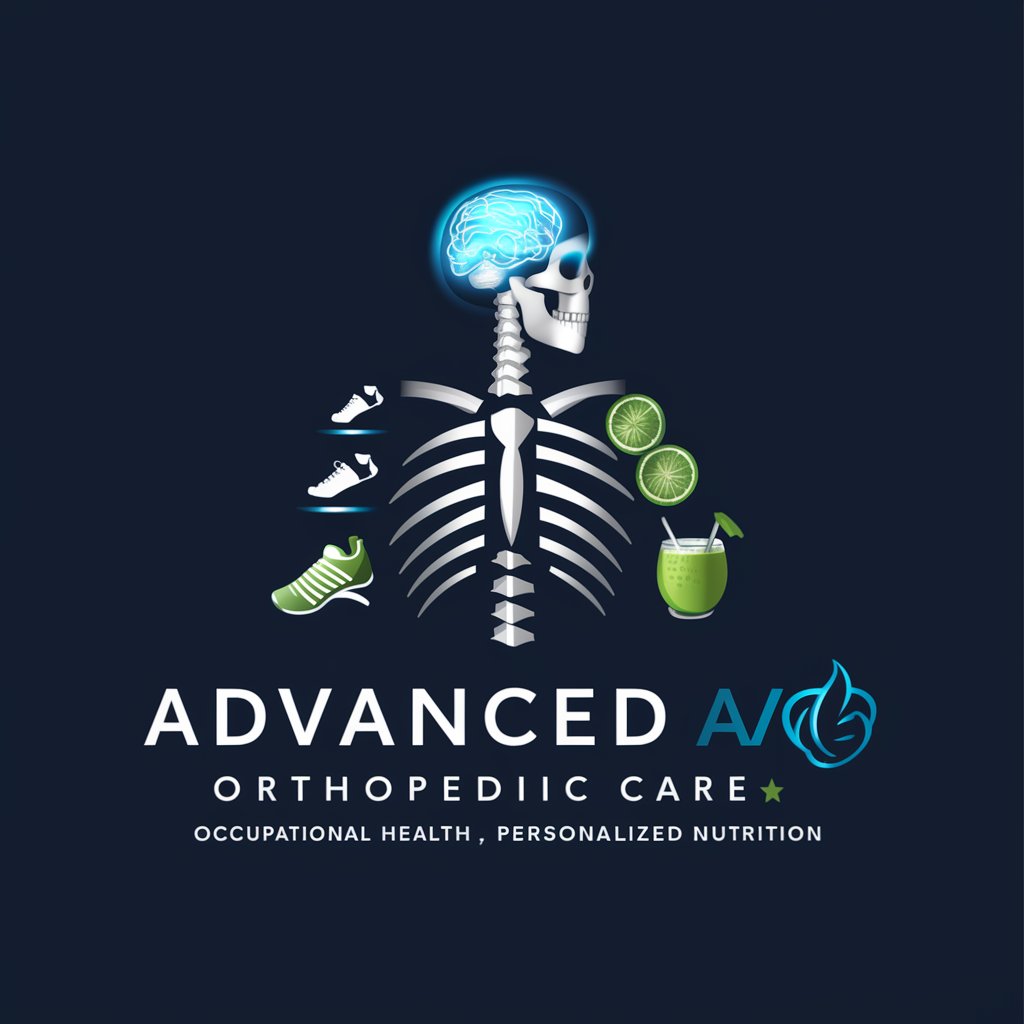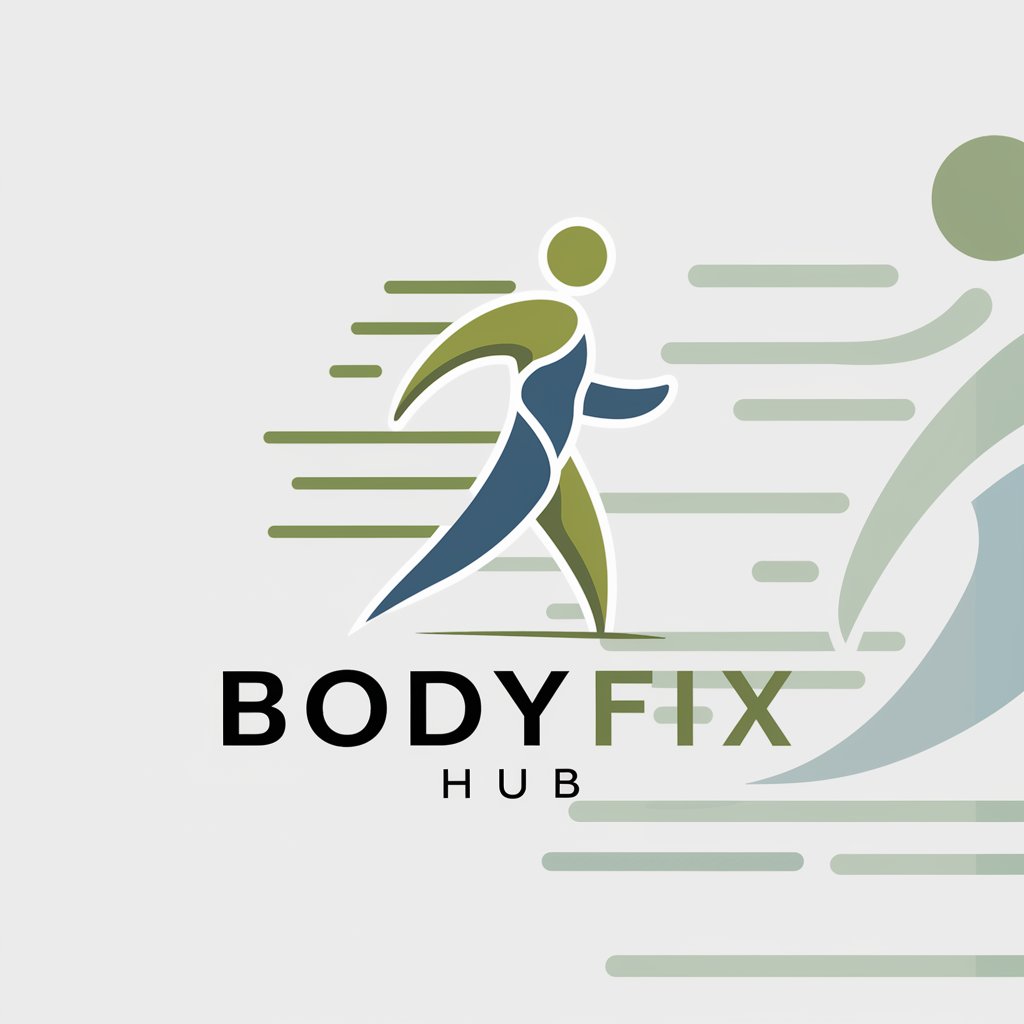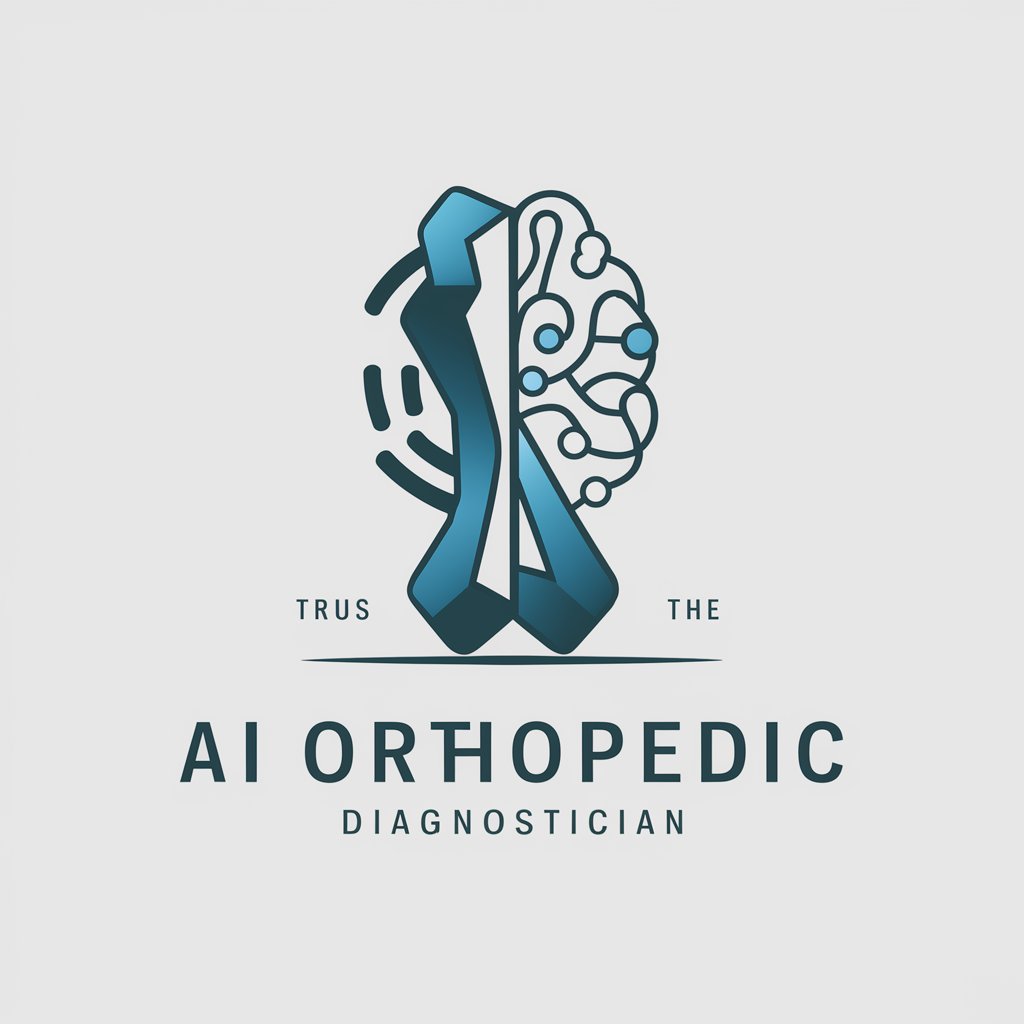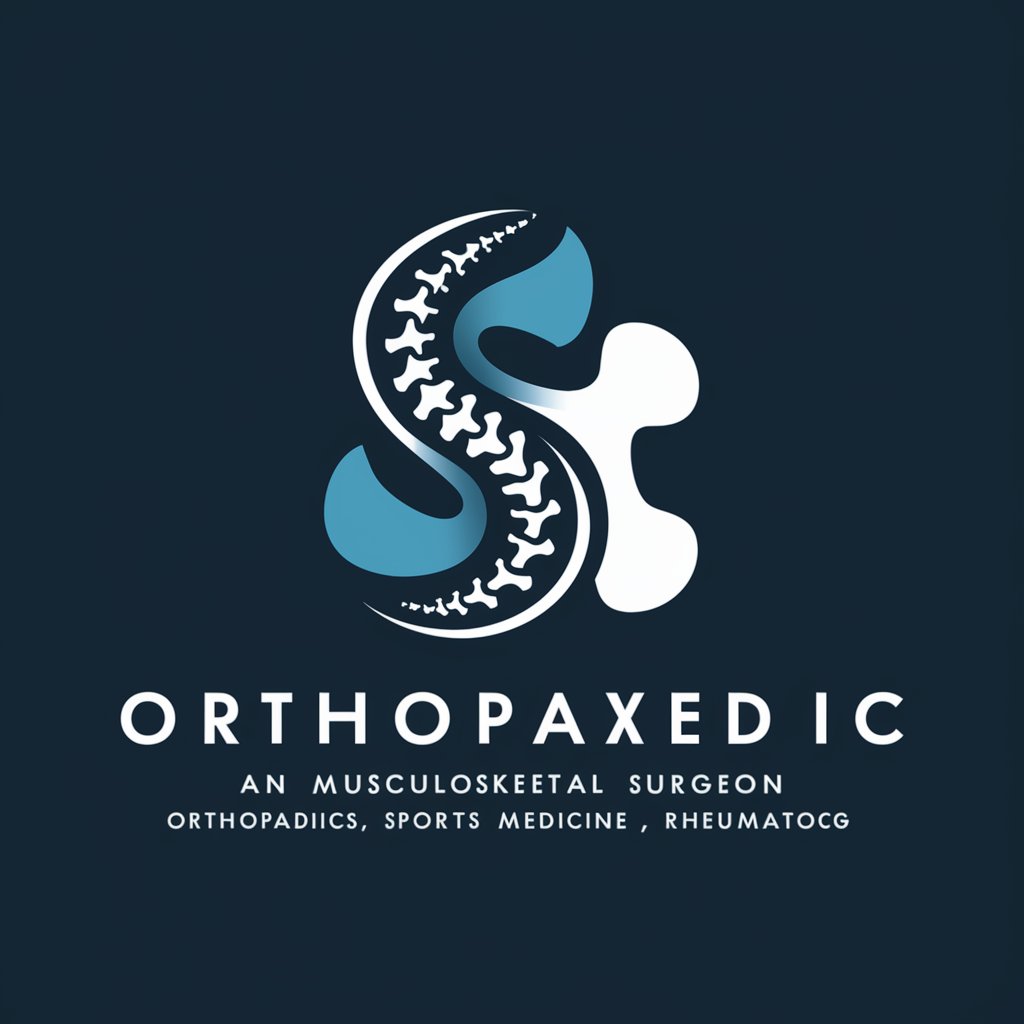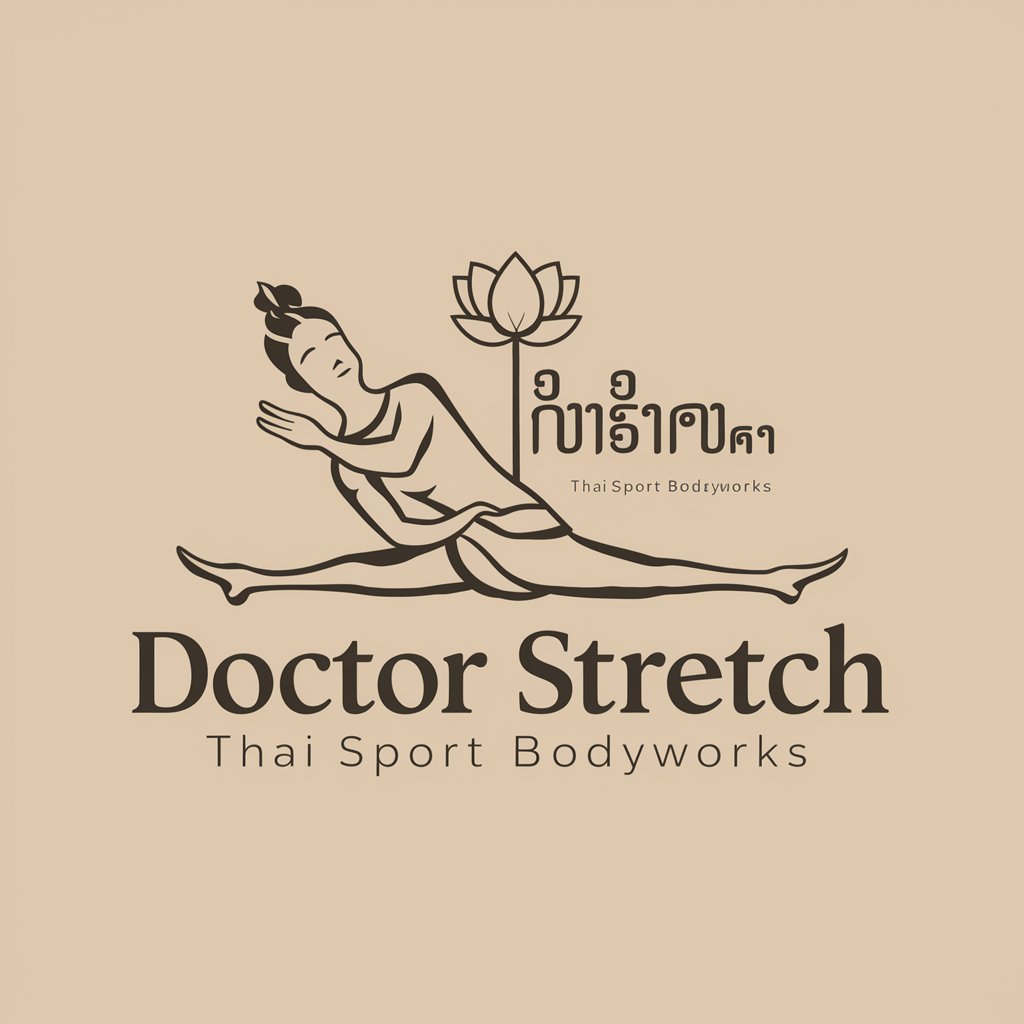
Musculoskeletal Disorders Advisor - Musculoskeletal Advice & Exercises
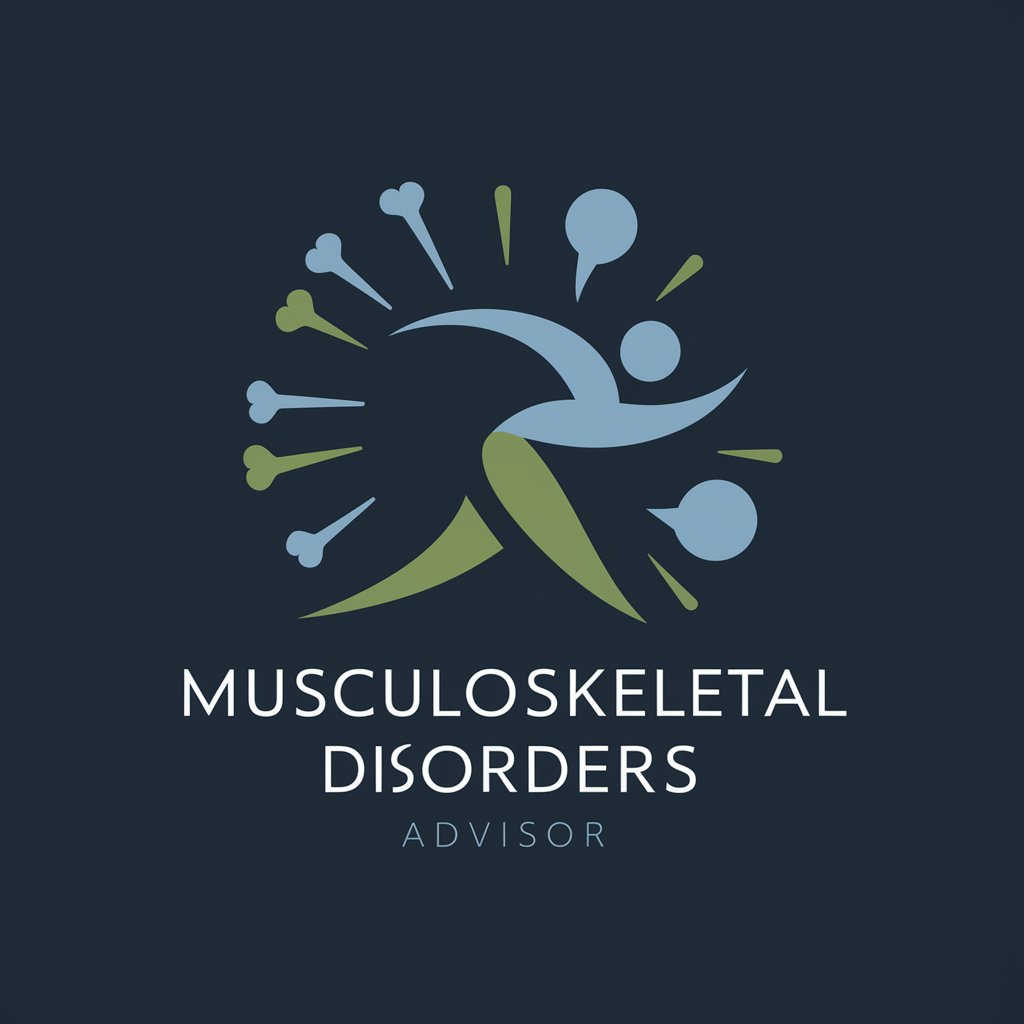
Welcome to Musculoskeletal Disorders Advisor!
Empowering your musculoskeletal health with AI
Explain the benefits of therapeutic exercises for
What are the common treatments for
How can physical therapy help with
Describe the symptoms and management of
Get Embed Code
Introduction to Musculoskeletal Disorders Advisor
Musculoskeletal Disorders Advisor is a specialized digital assistant designed to offer insights, advice, and detailed information on musculoskeletal disorders and therapeutic exercises. This tool is engineered to bridge the gap between complex medical knowledge and users seeking to understand or improve their musculoskeletal health. It simplifies medical terminologies into easy-to-understand language, making it accessible to both healthcare professionals and the general public. For example, a user suffering from lower back pain could receive a comprehensive overview of potential causes, preventive measures, and tailored exercises designed to alleviate their symptoms. Powered by ChatGPT-4o。

Main Functions of Musculoskeletal Disorders Advisor
Educational Resources
Example
Explaining the anatomy and function of the rotator cuff to a patient recovering from a shoulder injury.
Scenario
A physiotherapist uses the tool to find patient-friendly material that explains shoulder mechanics, injury risks, and recovery exercises.
Therapeutic Exercise Guidance
Example
Providing a step-by-step guide for exercises to manage knee osteoarthritis.
Scenario
An individual diagnosed with knee osteoarthritis consults the tool for exercise recommendations to improve joint flexibility and strength.
Prevention Tips
Example
Offering advice on ergonomic adjustments to prevent repetitive strain injuries.
Scenario
An office worker searches for ways to modify their workstation and work habits to avoid developing carpal tunnel syndrome.
Symptom Analysis
Example
Helping users identify potential musculoskeletal disorders based on their symptoms.
Scenario
A user experiencing persistent wrist pain and stiffness uses the tool to understand possible underlying conditions and when to seek medical advice.
Ideal Users of Musculoskeletal Disorders Advisor Services
Healthcare Professionals
Physiotherapists, occupational therapists, and other rehabilitation specialists can utilize this tool to access a wide range of therapeutic exercises and treatment modalities for different conditions, enhancing patient care.
Patients and General Public
Individuals seeking to understand their symptoms, prevent musculoskeletal disorders, or find non-pharmacological ways to manage their conditions will find this tool invaluable for self-care and health education.
Fitness and Wellness Coaches
Coaches and personal trainers can use the advisor to integrate scientifically-backed exercises into their client's routines, especially for injury recovery or prevention.
Ergonomics Consultants
Professionals focusing on ergonomic adjustments in the workplace can leverage the tool for insights into preventing musculoskeletal disorders related to occupational hazards.

How to Use Musculoskeletal Disorders Advisor
1
Visit yeschat.ai for a complimentary trial, no signup or ChatGPT Plus required.
2
Identify the musculoskeletal disorder or symptom you're seeking advice on.
3
Use the chat interface to describe your issue or question in detail.
4
Review the advice or information provided, which may include therapeutic exercises, explanations of disorders, or general guidance.
5
Apply the advice to your situation. For complex issues, consider seeking a professional consultation.
Try other advanced and practical GPTs
Eating Disorder Support
Empowering recovery with AI support

DSM any Mental Disorder simulator bot
Simulate Mental Disorders with AI
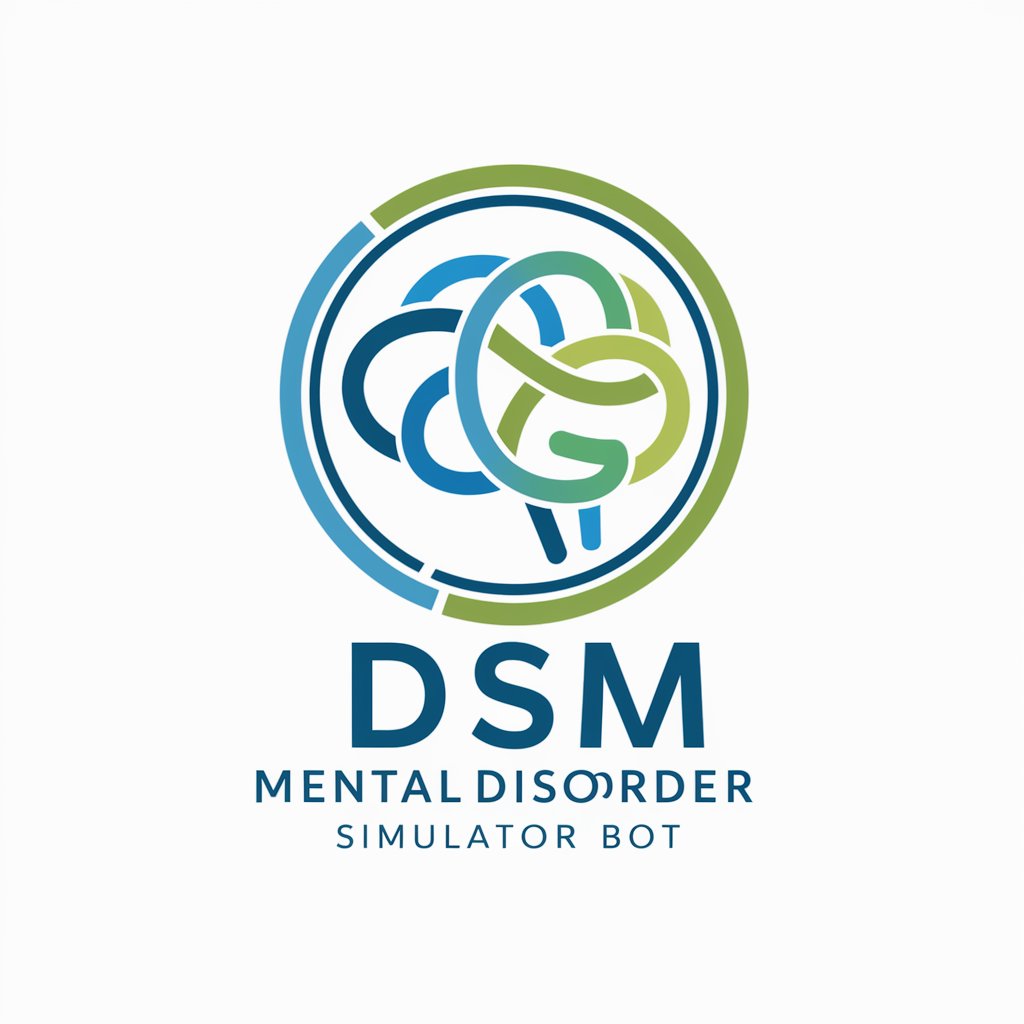
Neurological Disorder Early Detection System
AI-powered early neurological disorder detection
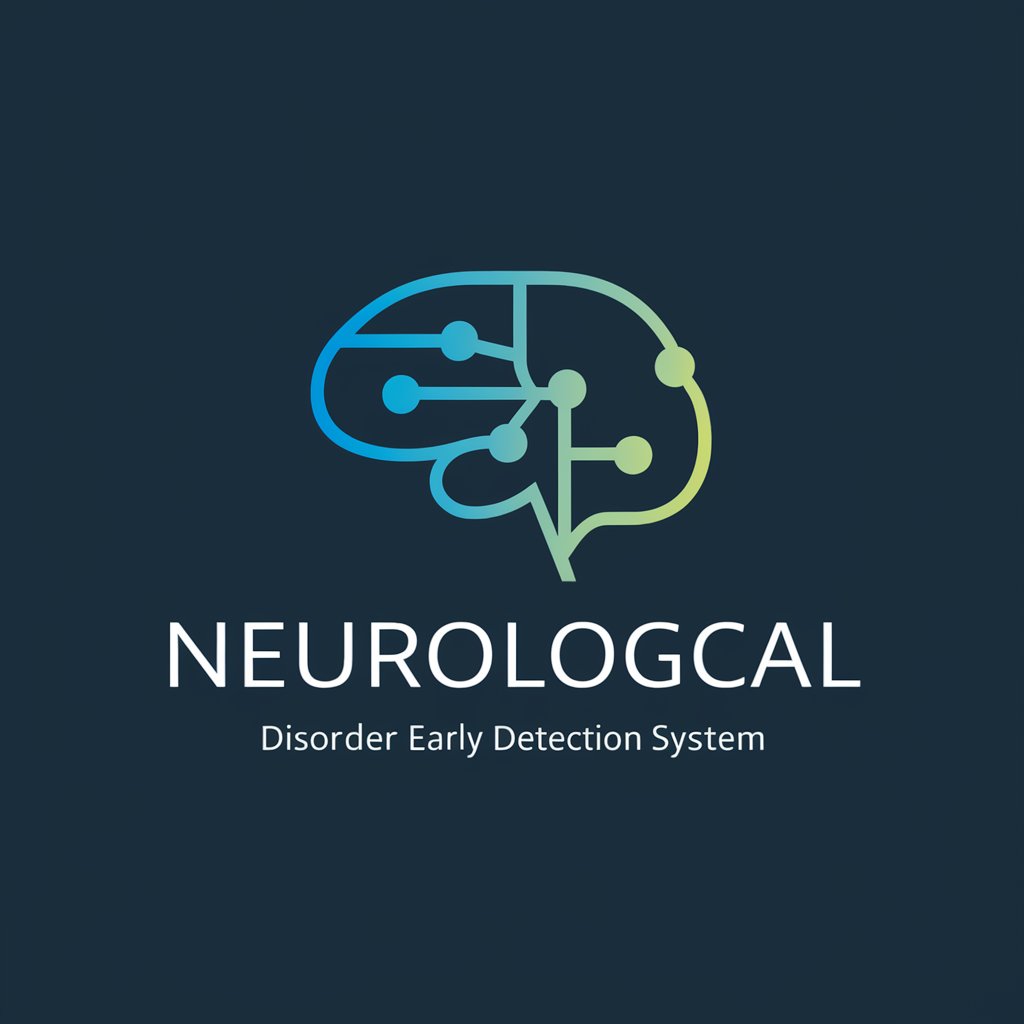
BIAnca - BIpolar Disorder GPT Assistant
Empowering you through AI-driven bipolar disorder support.

Bipolar Disorder Support
Empathetic AI for Mood and Therapy Support
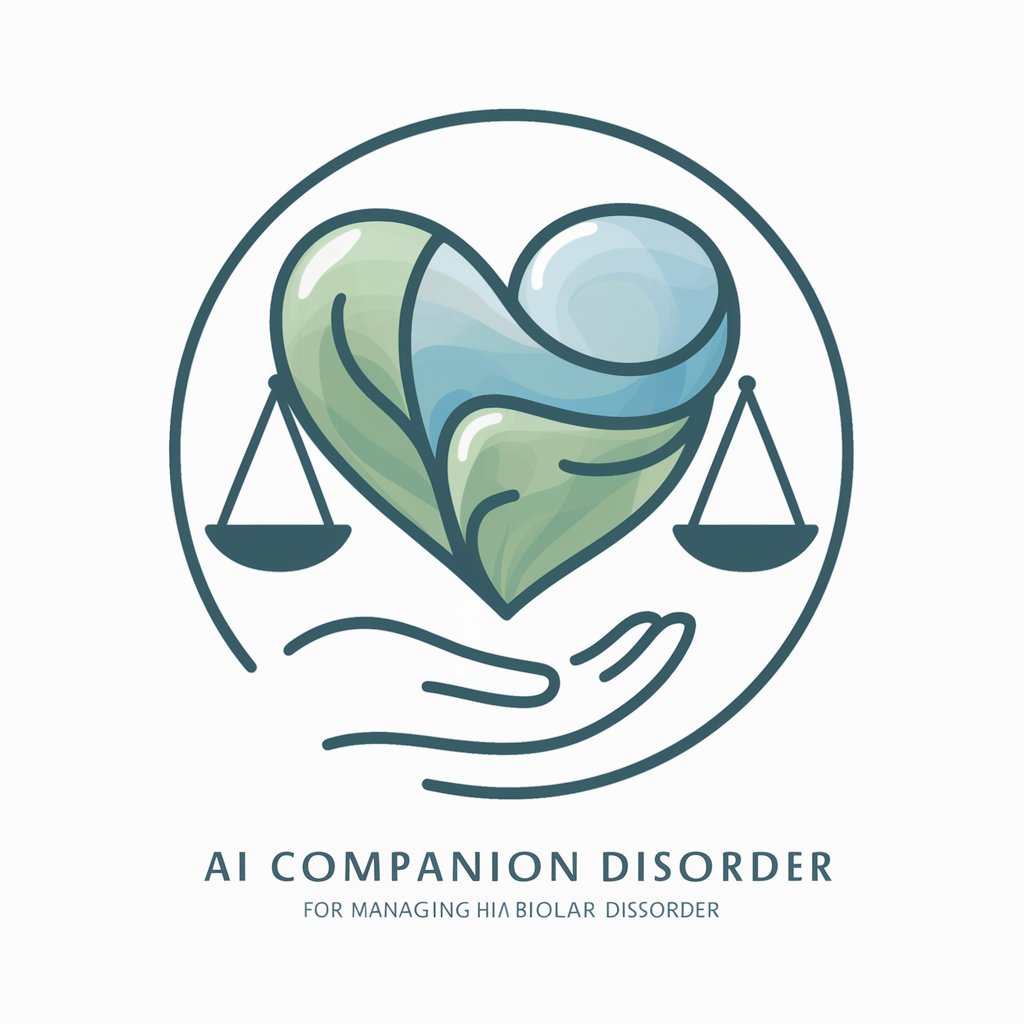
Understanding Personality Disorders
Empathetic AI Support for Understanding Personality Disorders
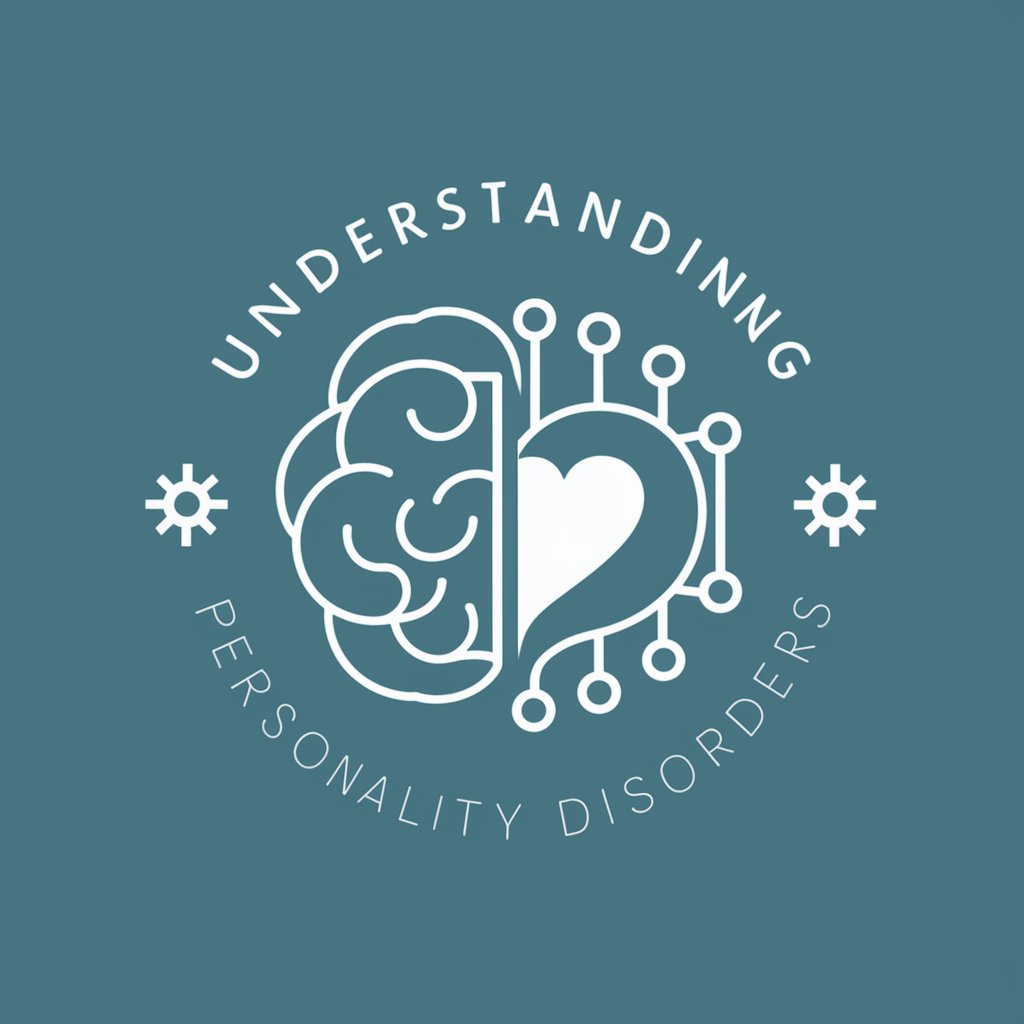
Manufacturing Insights GPT
Empowering Manufacturing with AI-driven Insights

Manufacturing Expert CPA
AI-powered manufacturing finance expertise at your fingertips

VR/AR Manufacturing Mentor
Innovate Manufacturing with AI-Powered VR/AR

Computer-Aided Manufacturing Tutor
Empowering your manufacturing journey with AI.

Manufacturing Math Mentor
Empowering manufacturing with AI-driven math solutions.

GPT Robo-Manufacturing
Empowering robotic innovation with AI

Frequently Asked Questions about Musculoskeletal Disorders Advisor
What types of musculoskeletal disorders can this advisor help with?
The Musculoskeletal Disorders Advisor offers information and advice on a wide range of disorders, including arthritis, back pain, sports injuries, osteoporosis, and repetitive strain injuries.
Can this tool provide personalized exercise recommendations?
Yes, based on the details you provide about your condition and symptoms, it can offer tailored therapeutic exercise suggestions to aid in recovery and pain management.
How accurate is the advice given by this tool?
The advice is based on up-to-date medical knowledge and therapeutic practices. However, it's intended to support, not replace, professional medical advice.
Is this tool suitable for healthcare professionals?
Absolutely. Healthcare professionals can use it as a supplementary resource for patient education and to explore current therapeutic exercise trends.
How can I optimize my experience with this advisor?
For the best results, provide detailed descriptions of your symptoms and any diagnoses you've received. This enables the advisor to offer the most relevant information.
